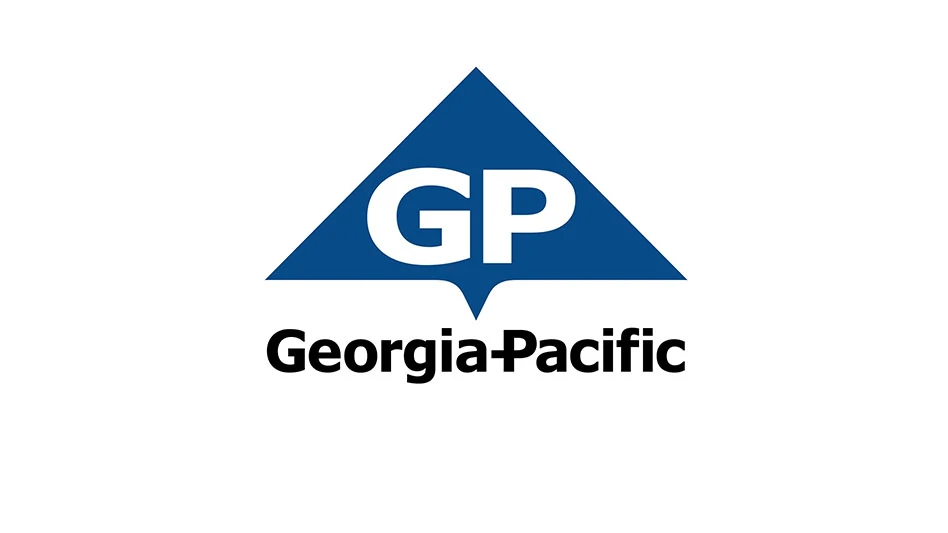For those individuals who own their own businesses, it’s no secret that personal financial security is very closely tied to the success of the business. And with the never-ending task of overseeing day-to-day operations, owners may find it difficult to focus on broader financial issues associated with running a business. The following text provides a brief checklist of some of the most important items business owners should consider, along with an explanation of how each fits in the big picture.
| Spotlight on Tax 2011 Benefits The Internal Revenue Service (IRS) used Small Business Week earlier this year to encourage small business owners to take advantage of certain tax benefits and learn about IRS resources that can help them meet their federal tax obligations. The Small Business Tax Center (www.irs.gov/smallbiz) provides links to tools and common forms and their instructions. The IRS also urged small businesses to take advantage of tax-saving opportunities, such as the small business health care tax credit and faster write-offs on certain capital expenditures. The small business health care tax credit is designed to help small employers of low- and moderate-income workers provide health insurance coverage to their employees. More information on the credit is available on the Affordable Care Act page on www.irs.gov. Many small businesses investing in new property and equipment can deduct most or all of these purchases on their 2011 returns. Normally, businesses recover capital investments through annual depreciation deductions spread over several years; but, many small businesses can get these deductions sooner in 2011. Form 4562 should be used to claim these benefits. Details can be found in the instructions to Form 4562, Publication 946 and Revenue Procedure 2011-26. – DeAnne Toto |
Qualified Retirement Plan
To help a business owner with the all-important task of planning for retirement—both for the business owner and for his or her employees—a qualified retirement plan allows an entrepreneur to build a portion of his or her wealth independently from the business. For a business owner personally, such a plan offers several advantages. For one thing, the individual can reduce his or her personal taxes by contributing to a retirement plan. In addition, these plans allow for tax-deferred growth on plan investments that may provide a significant amount of retirement savings.
Aside from the personal benefits, a business owner also may be eligible to receive a business tax deduction for the cost to establish and maintain the plan and for employer contributions added to employees’ accounts. A good retirement plan also will help attract, reward and keep good employees, which could prove to be a competitive advantage for your business.
Compensation
A qualified retirement plan can be a good start toward building wealth for retirement, but it may not address all of a business owner’s needs and objectives. In some cases, an entrepreneur may need to provide additional options for the owners or other highly compensated individuals within the business. Though they only apply in limited circumstances, nonqualified deferred compensation plans allow a business owner to address these unique needs through several options. Some plans let executives defer a portion of their compensation, while others let employers provide tax-deferred compensation to this select group. Excess deferral plans also can be established for highly compensated individuals who may be subject to contribution limits with qualified plans.
Beyond the salary and deferral issues, several other elements make up total employee compensation. A business owner may want to provide life insurance as an employee benefit. Employers could offer group term life insurance, individual and group disability insurance and individual and group long-term care insurance could be offered to employees as additional benefits.
Insurance
In business, owners face many risks they cannot control. In that light, it only makes sense to try to reduce the effects of those risks to the extent possible. Remember, the owner is one of the most valuable assets of the business. For this reason, entrepreneurs should make sure to have adequate life and disability insurance for themselves to provide financial security for the individual and for his or her family.
If the owner of a business or a key employee dies unexpectedly, the business could suffer as a result. Key-person insurance can provide cash to help a business continue operating in difficult times, and it may surprise you how affordable it can be to effectively reduce a serious risk to your business.
While these are just a few of the major concerns business owners face, entrepreneurs may want to take time to consider the many options available to help address these issues. A financial advisor can be a key member of a team that helps to put a business owner’s finances in order, so that entrepreneur can spend his or her time doing what’s most important: building the business.
This article was written by Wells Fargo Advisors and provided courtesy of Kristopher Venne, Syracuse, N.Y. Venne can be contacted at 800-448-5773 or through www.bombardcavanaugh.com. Investments in securities and insurance products are not FDIC insured, not bank guaranteed and may lose value. Wells Fargo Advisors LLC, member SIPC, is a registered broker-dealer and a separate non-bank affiliate of Wells Fargo & Co.

Explore the August 2011 Issue
Check out more from this issue and find your next story to read.
Latest from Recycling Today
- OnePlanet Solar Recycling closes $7M seed financing round
- AMCS launches AMCS Platform Spring 2025 update
- Cyclic Materials to build rare earth recycling facility in Mesa, Arizona
- Ecobat’s Seculene product earns recognition for flame-retardant properties
- IWS’ newest MRF is part of its broader strategy to modernize waste management infrastructure
- PCA reports profitable Q1
- British Steel mill subject of UK government intervention
- NRC seeks speakers for October event





